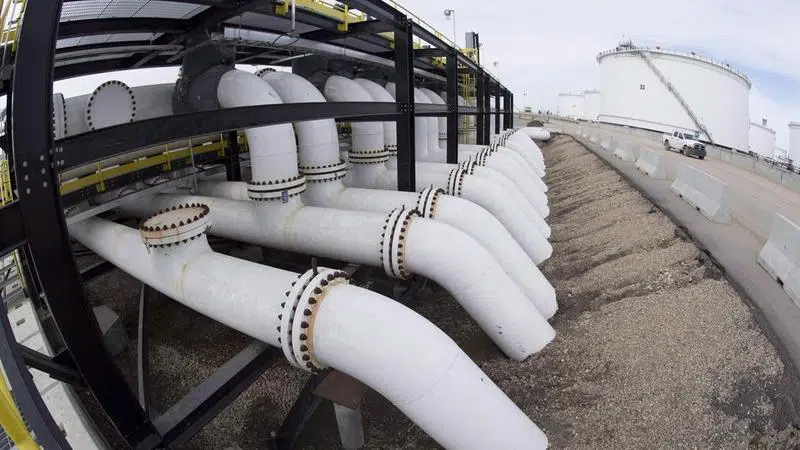
CHARBONNEAU: Alberta’s faulty pipeline gambit
THE ALBERTA GOVERNMENT SAYS that if only B.C. would allow a second pipeline to be built, our gasoline prices would go down.
If only it were true.
The new pipeline will not supply more gasoline to B.C. and it will not reduce our gasoline prices. The reason is hardly a surprise: the new pipeline will carry crude oil, not gasoline. A report uncovered by reporter Justine Hunter confirms that.


